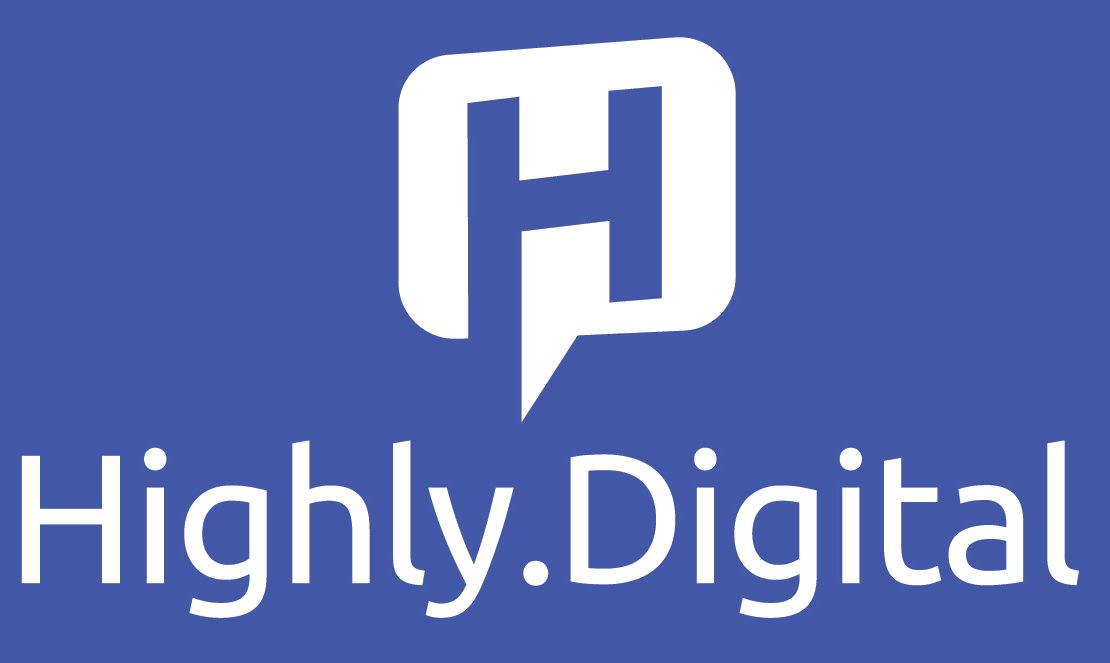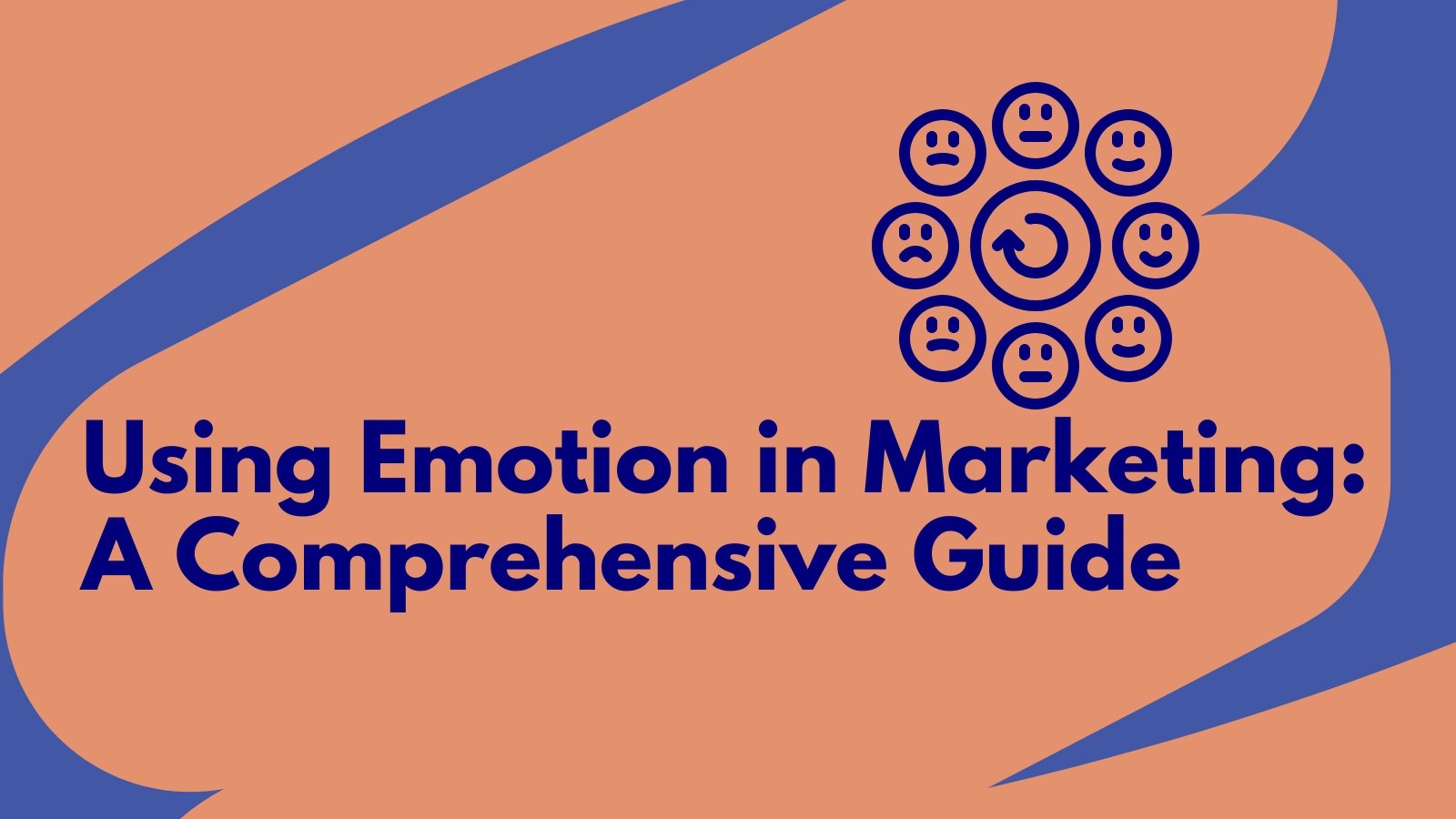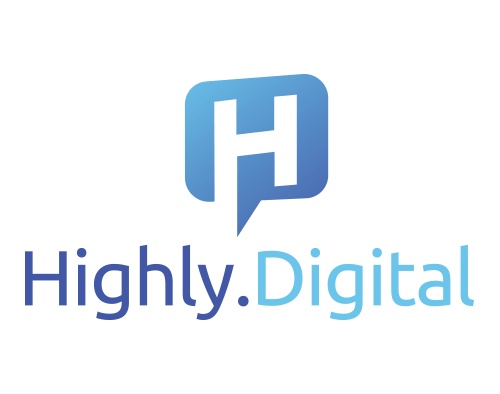A Digital Marketing Consultant and an SEO Consultant both play crucial roles in enhancing a business’s online presence, but their focus areas and scope of work differ significantly. Here’s a breakdown of the key differences between the two:
Scope of Work
Digital Marketing Consultant
- Broad Focus: Covers a wide range of online marketing activities beyond just SEO.
- Multi-Channel Strategy: Develops and manages strategies across various digital channels, including social media, email marketing, content marketing, PPC (Pay-Per-Click) advertising, and more.
- Branding and Messaging: Works on overall brand strategy, messaging, and positioning in the market.
- Analytics and Data: Uses comprehensive analytics to measure the performance of various digital campaigns, making adjustments to improve ROI.
- Customer Journey: Focuses on the entire customer journey from awareness to conversion, and retention.
SEO Consultant
- Narrow Focus: Specialises specifically in search engine optimisation.
- Search Engine Ranking: Concentrates on improving a website’s visibility and ranking on search engines like Google.
- On-Page SEO: Optimises individual web pages for specific keywords to improve search visibility.
- Off-Page SEO: Implements strategies to build backlinks and increase domain authority.
- Technical SEO: Ensures the website meets the technical requirements of search engines for crawling and indexing.
- Content Optimisation: Focuses on creating and optimising content to rank higher in search results.
Key Responsibilities
Digital Marketing Consultant
- Strategy Development: Creates comprehensive digital marketing strategies that integrate various online channels.
- Campaign Management: Manages and oversees digital marketing campaigns across multiple platforms.
- Social Media Marketing: Develops strategies for social media engagement and growth.
- Email Marketing: Designs and executes email marketing campaigns.
- PPC Advertising: Manages paid advertising campaigns on platforms like Google Ads and social media.
- Content Marketing: Develops and promotes content to engage and attract the target audience.
- Analytics and Reporting: Provides insights and reports on overall digital marketing performance.
SEO Consultant
- Keyword Research: Identifies the best keywords to target for organic search.
- On-Page Optimisation: Optimises website elements such as titles, meta descriptions, headings, and images.
- Technical SEO: Addresses issues like site speed, mobile-friendliness, XML sitemaps, and schema markup.
- Content Strategy: Creates and optimises content to rank for targeted keywords.
- Link Building: Develops strategies to acquire high-quality backlinks.
- Local SEO: Optimises for local search results, including managing your Google Business Profile.
- SEO Audits: Conducts detailed audits to identify and fix SEO issues.
- Analytics and Reporting: Tracks and reports on SEO performance using tools like Google Analytics and Search Console.
Goals and Metrics
Digital Marketing Consultant
- Broad Goals: Increase brand awareness, generate leads, improve customer engagement, and drive conversions.
- Metrics: Measure success through various KPIs such as website traffic, conversion rates, click-through rates (CTR), customer acquisition cost (CAC), return on ad spend (ROAS), and social media engagement.
SEO Consultant
- Specific Goals: Improve organic search rankings, increase organic traffic, and enhance website visibility.
- Metrics: Track metrics like keyword rankings, organic traffic, bounce rate, dwell time, backlink profile, and domain authority.
Skill Sets
Digital Marketing Consultant
- Diverse Skills: Requires knowledge of multiple digital marketing disciplines, including SEO, SEM (Search Engine Marketing), content marketing, social media marketing, email marketing, and analytics.
- Strategic Thinking: Ability to create integrated marketing strategies.
- Creative and Analytical: Combines creativity with data-driven decision-making.
SEO Consultant
- SEO Expertise: Deep understanding of search engine algorithms, keyword research, on-page and off-page optimisation, and technical SEO.
- Analytical Skills: Proficiency in using SEO tools like Google Analytics, SEMrush, Ahrefs, and Search Console.
- Content and Technical Knowledge: Strong grasp of content creation and technical aspects of website optimisation.
Conclusion
While both Digital Marketing Consultants and SEO Consultants aim to enhance a business’s online presence, their approaches and areas of expertise differ. A Digital Marketing Consultant takes a holistic view, integrating various online marketing channels, whereas an SEO Consultant focuses specifically on optimising a website to improve its search engine rankings. Businesses may benefit from both roles depending on their specific needs and goals in the digital landscape.




